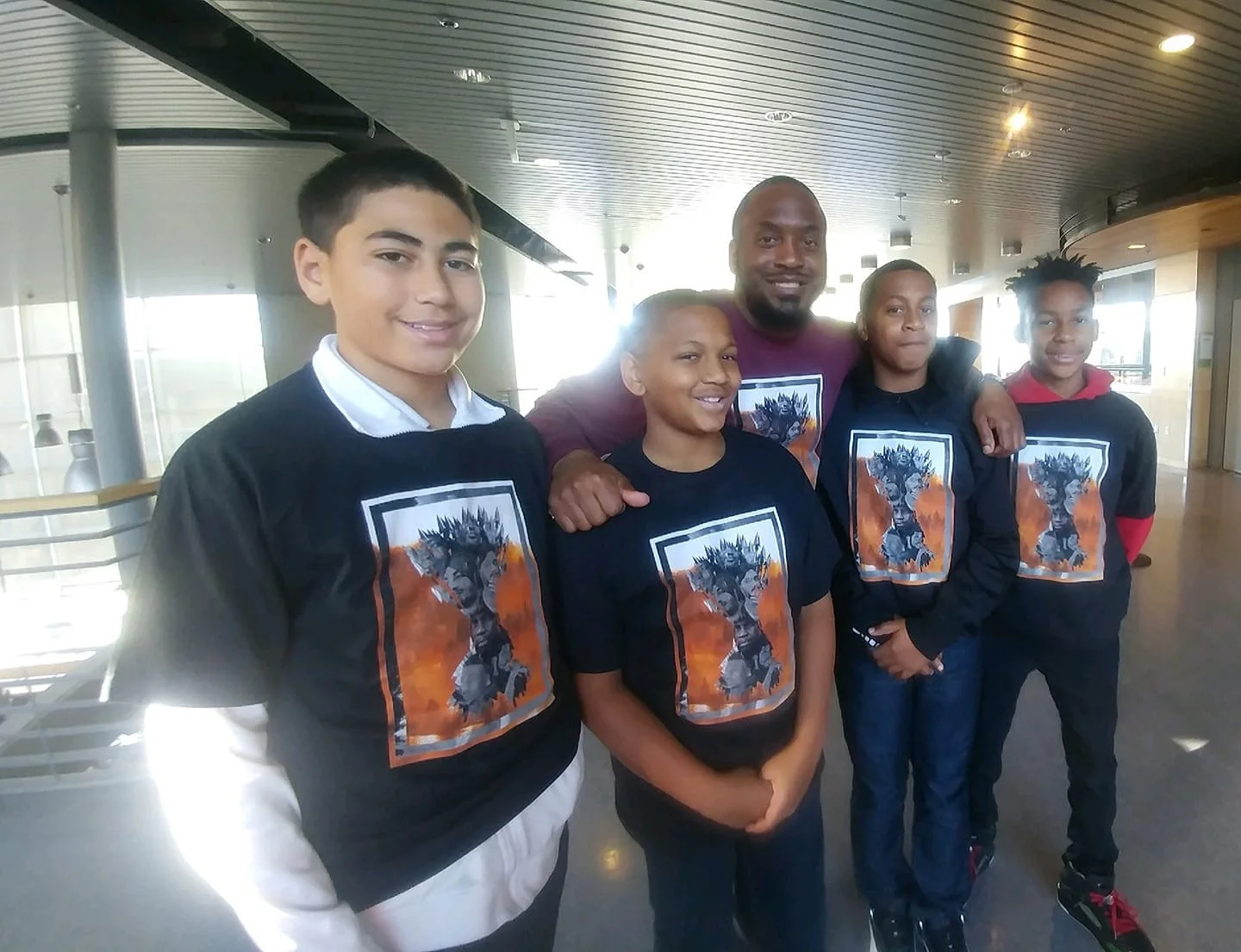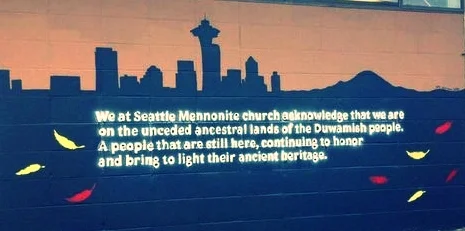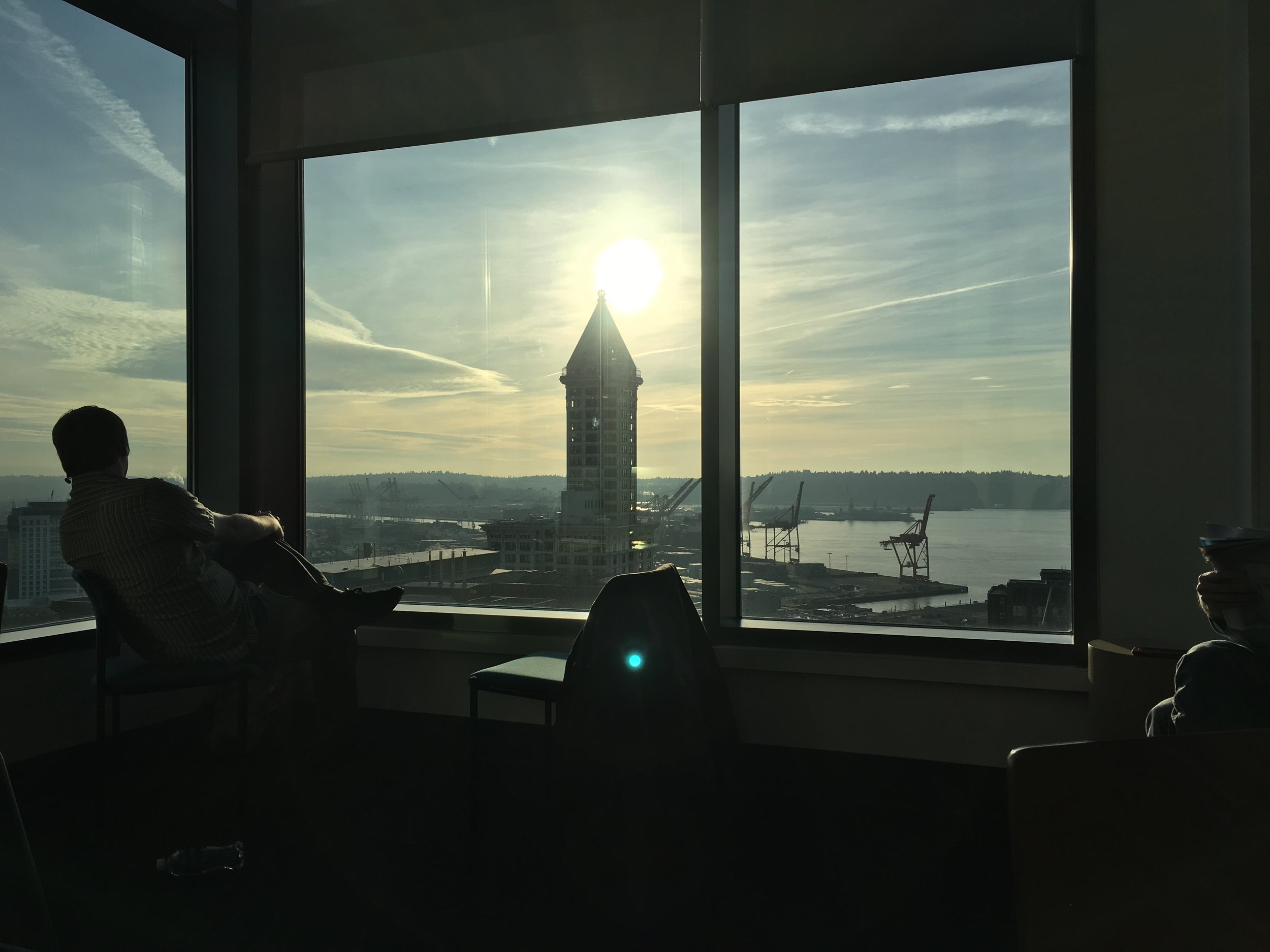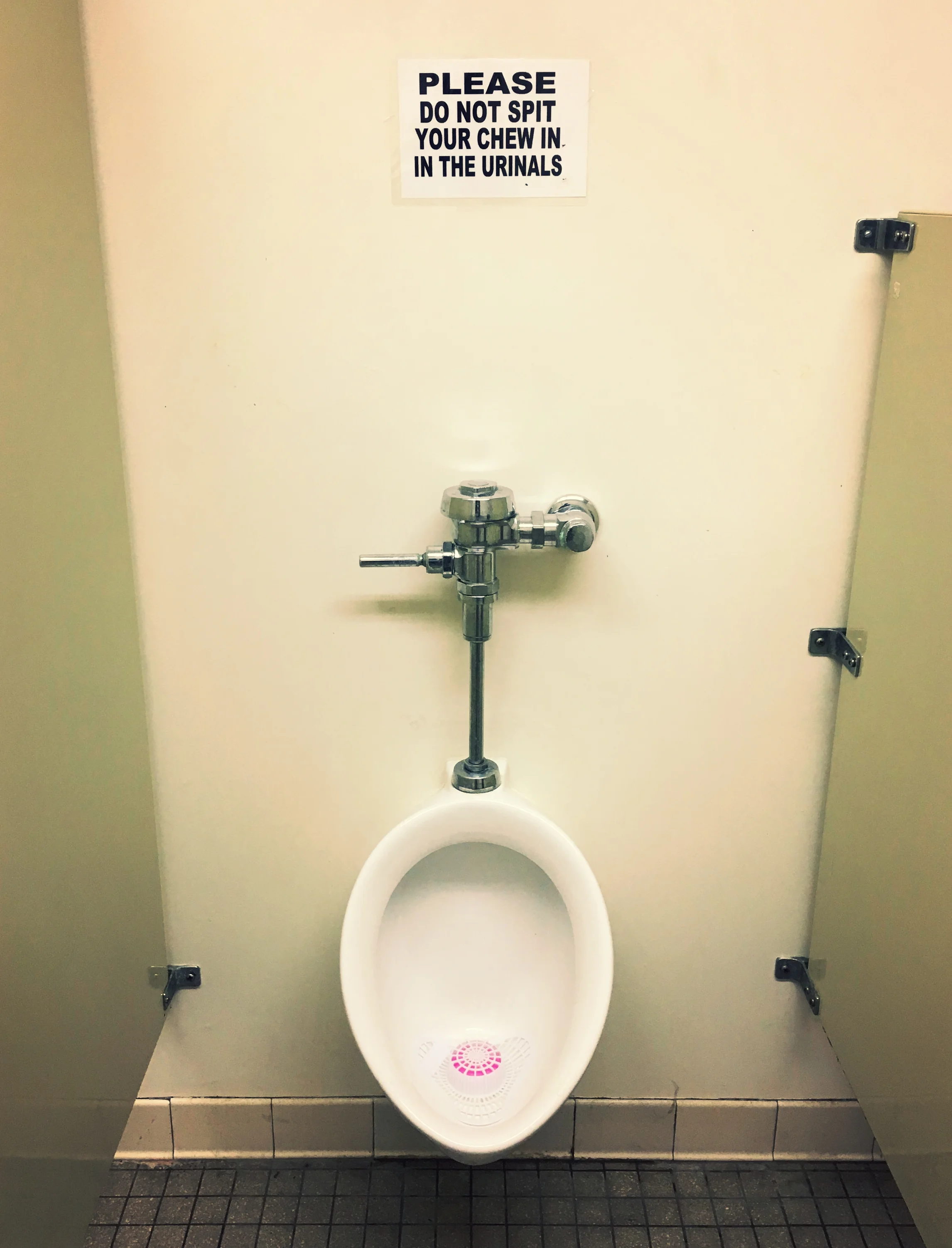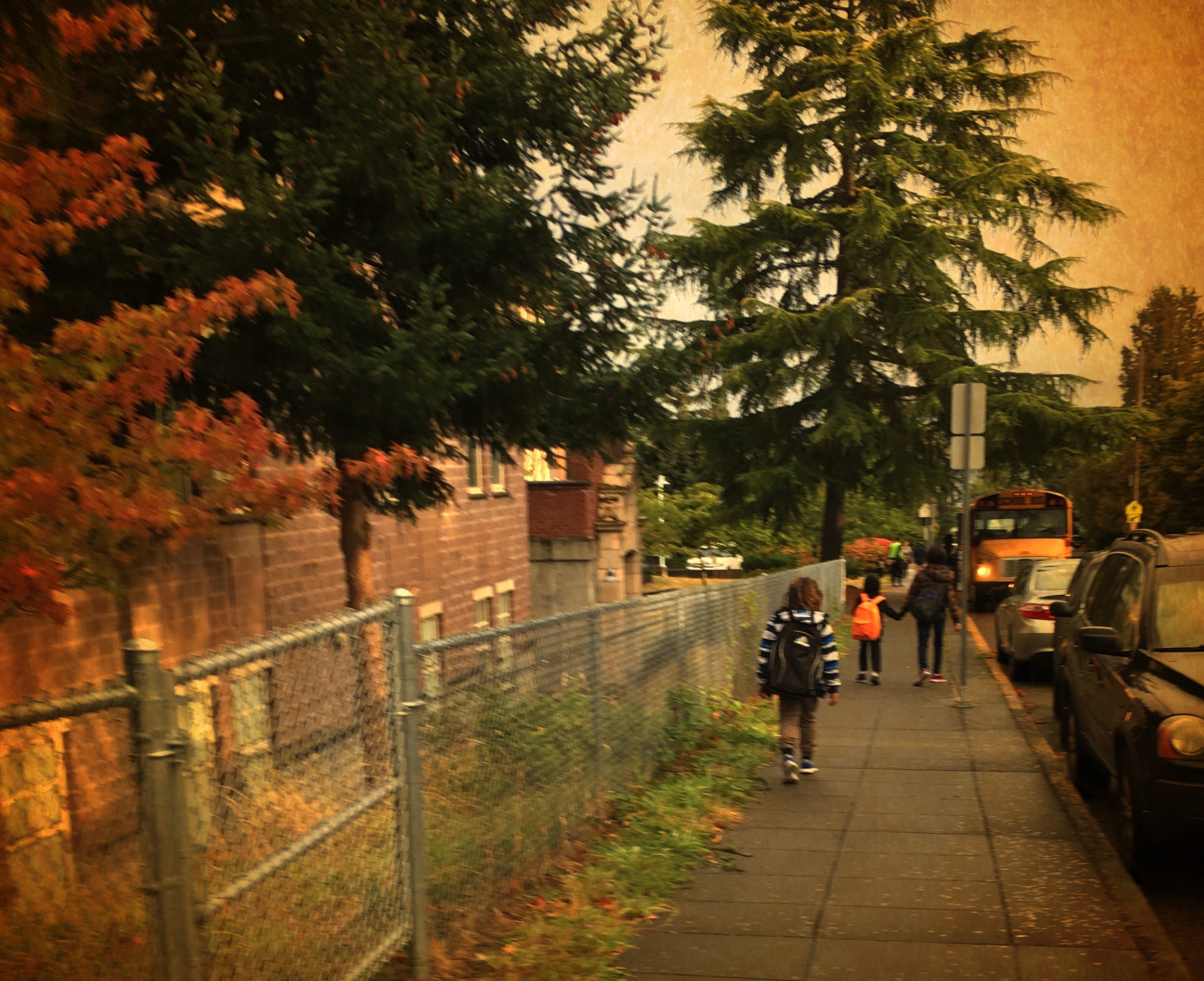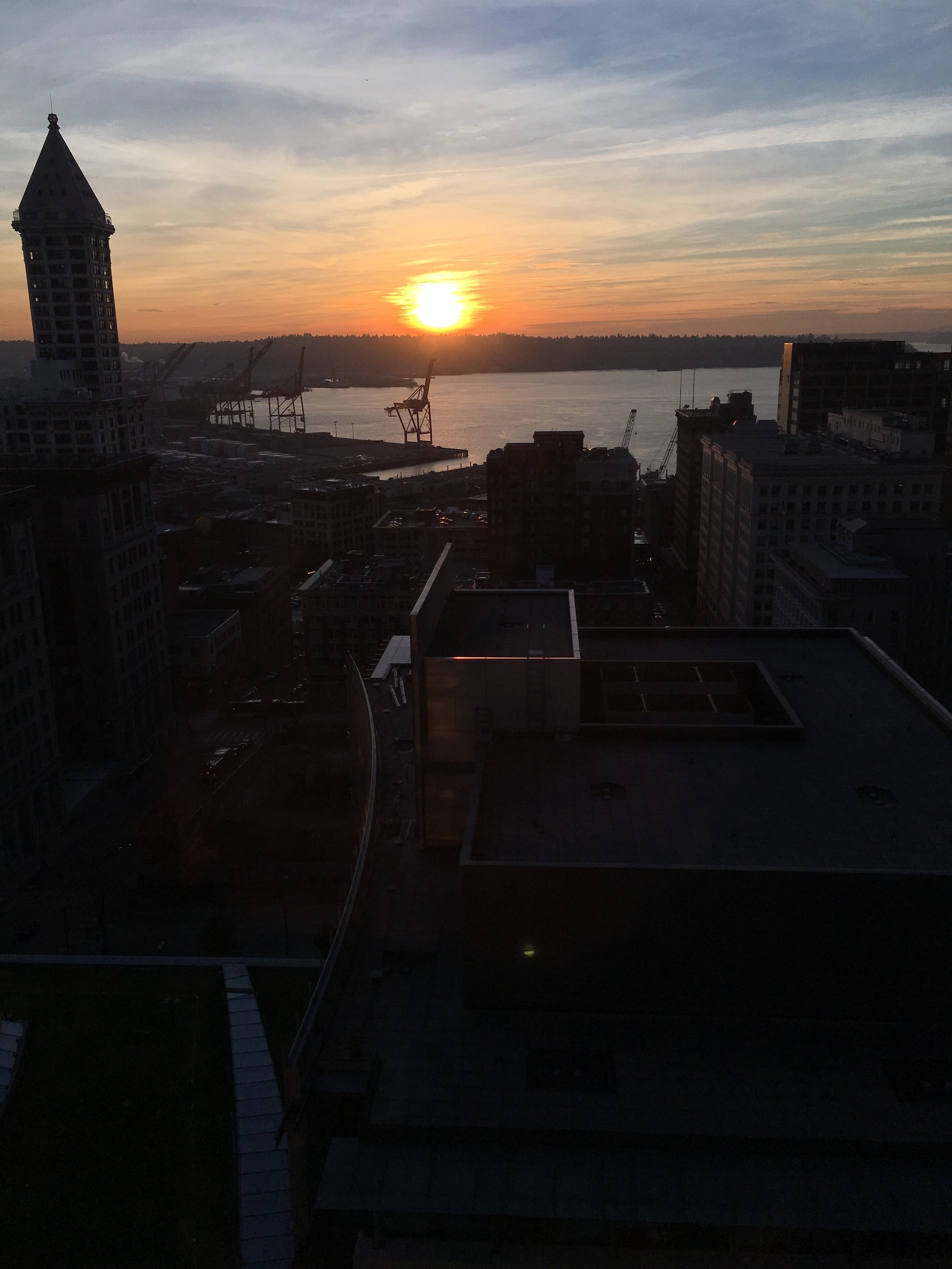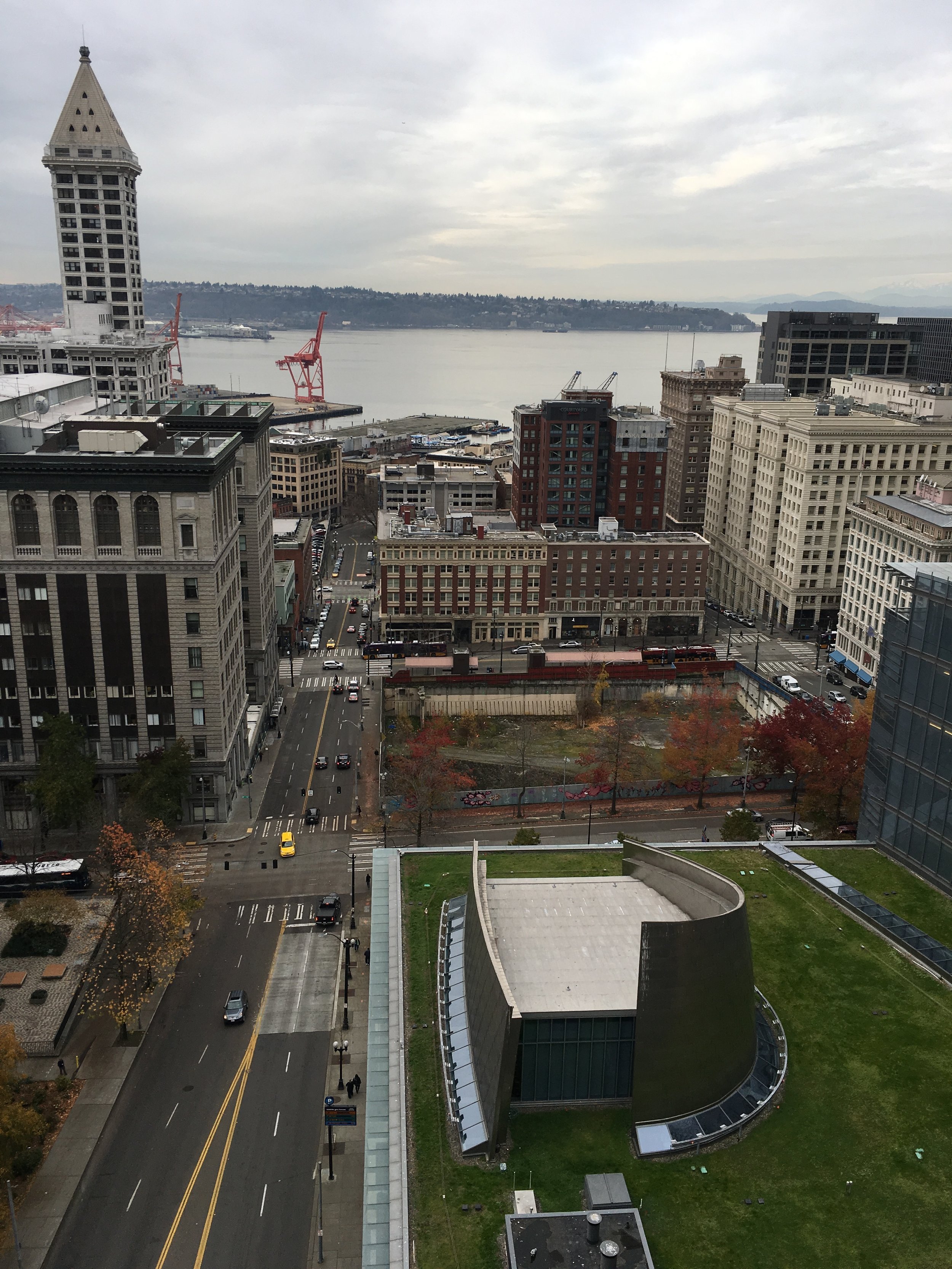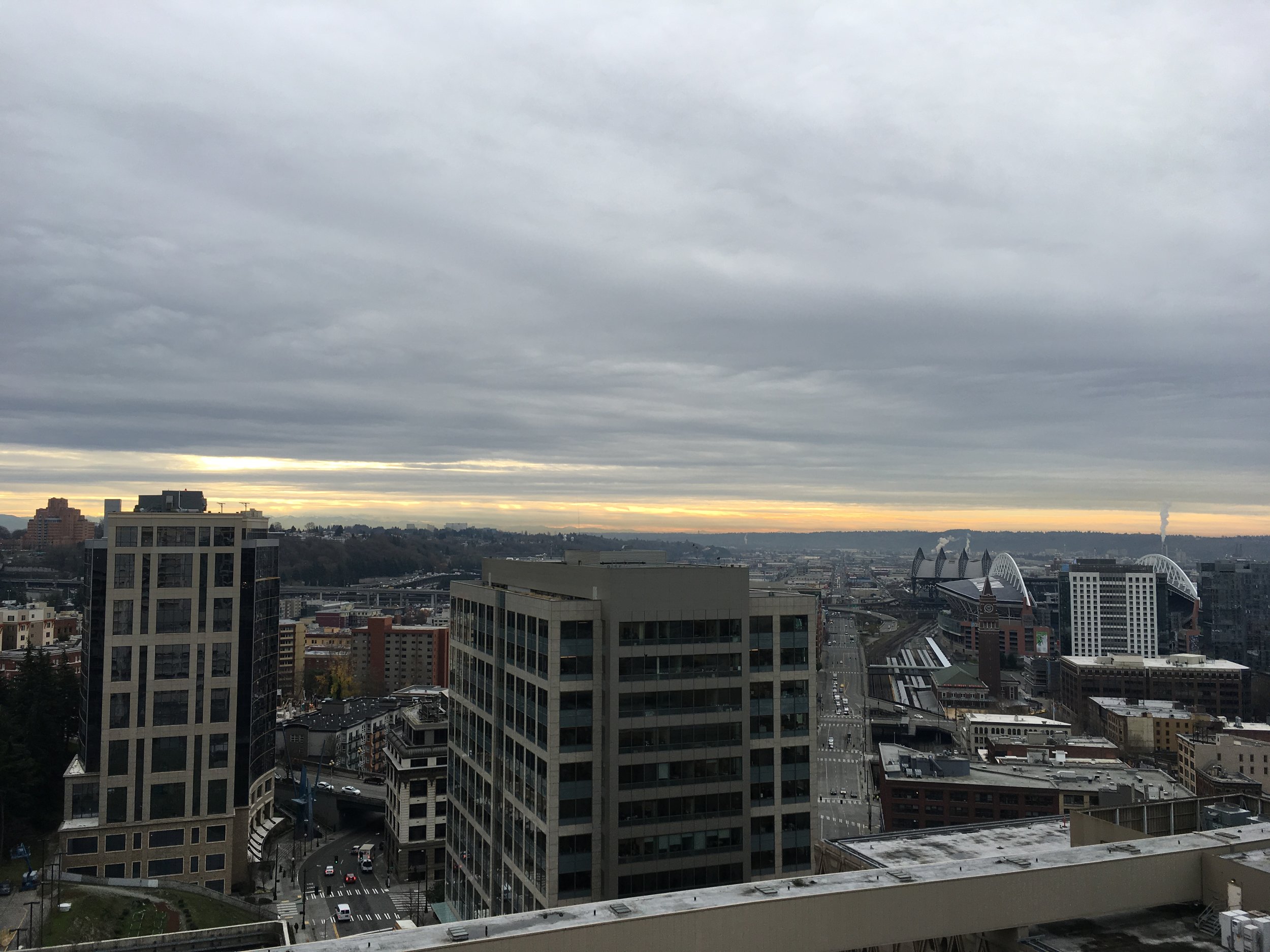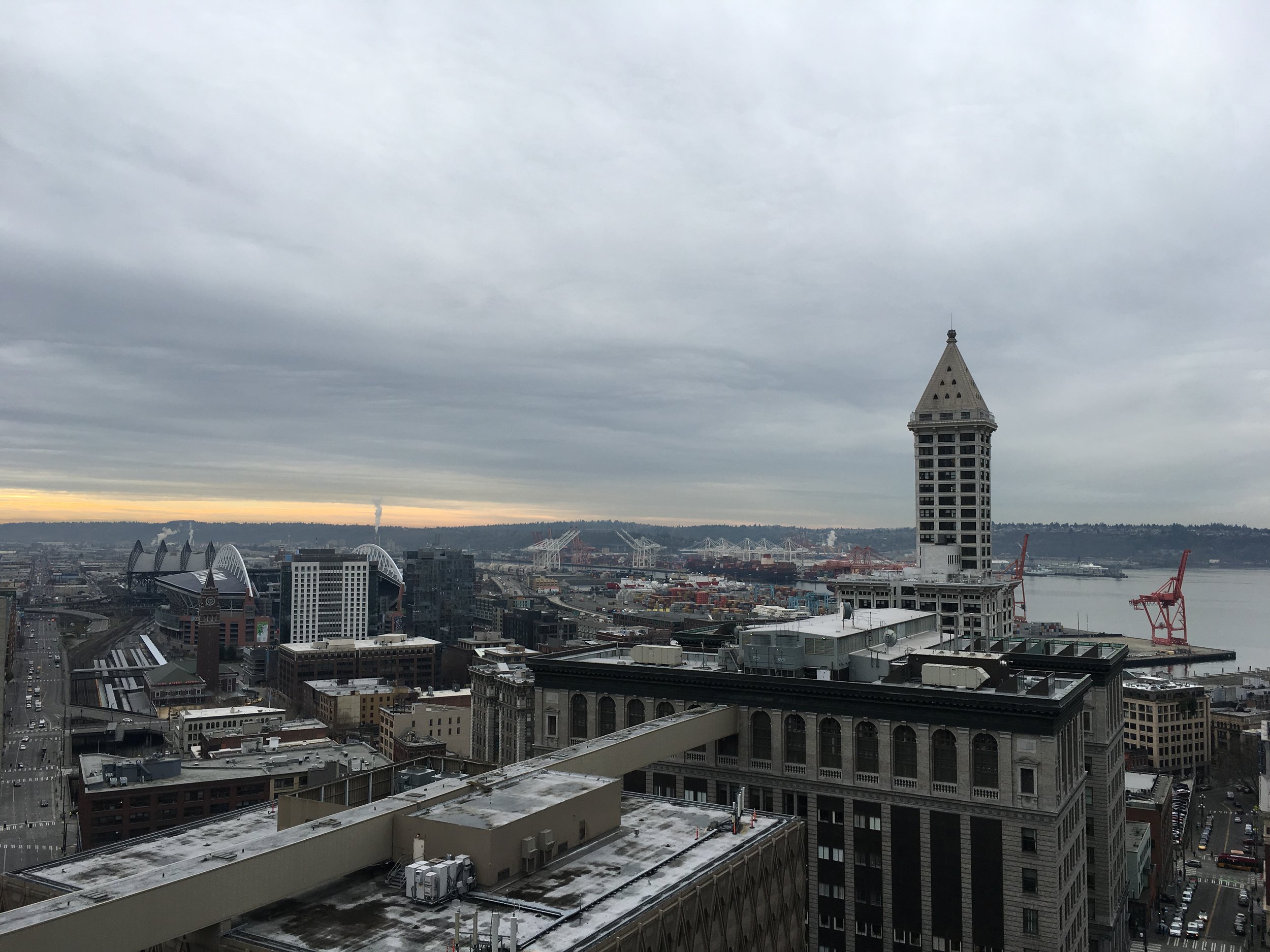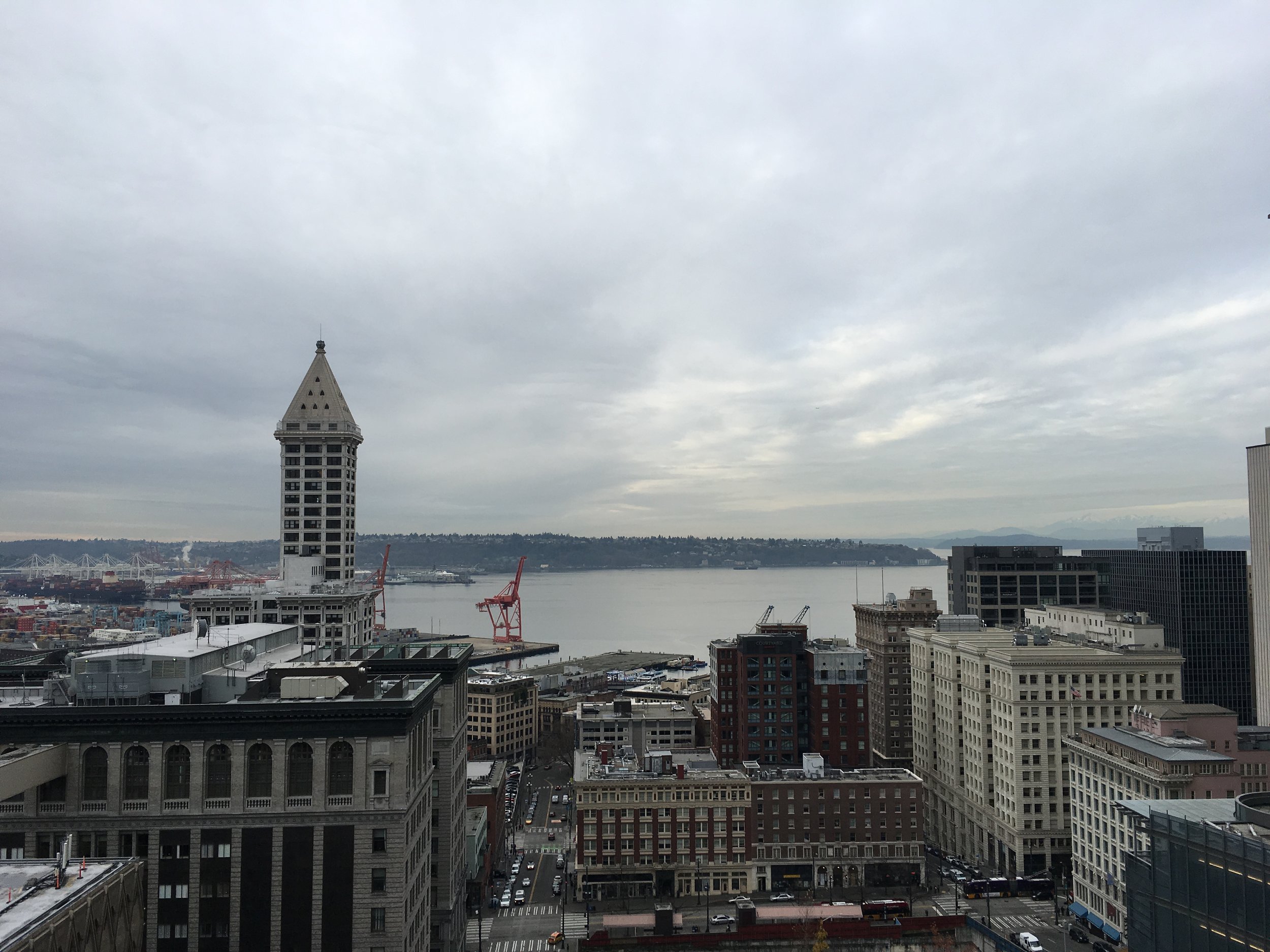Emerson is a beautiful place, too. My son walks every day into a cool old brick school building with a view of Lake Washington from the second-story library. The student body could hardly be more diverse, and we are lucky that the school is filled with similarly diverse, committed teachers and staff.
My son’s teacher is fantastic. She sees and values him as a whole person, and when she’s gone, he misses her. He’s learning, he’s comfortable, he’s happy and he’s safe. That’s most of what I could ever ask for out of a school right there. Well, no. But it’s most of what I currently ask for out of a public school, and that’s pretty good.
We’re getting close to that time of year when we start making resolutions, mapping out all the new ways we’re going to start living when the calendar flips. At the top of my list is to appreciate all of the good and beautiful things in my life, starting with the time and love I am so lucky to share with my kids and my partner, and with the beautiful home we share that helps make it possible. All things, it seems, stem from there. I hope, then, as I write and advocate and live through the coming year, to remember that the strength and will to fight against these systems and tools of oppression comes from a place of love.
I write so often about Emerson because I love my son. I write so often about Seattle because I love my family, and I love our city, and I know we can do and be even better.
I write about privilege because I love my life, and because the open doors and loving second chances I’ve been handed over and over should be for everyone.
I’m sure I’ll still spend next year shouting from the rooftops yet again, riled up about inequity and angry about systemic oppression and overt racism and latent bias and about the ways they infect our schools and our lives, and I’ll still be as committed as ever to holding us and our city to an unrelenting standard.
But I do it out of love.
So, that’s my resolution. I’ll keep breathing in the smog and the smoke and the greed and the politics and the racism and the classism and the division and the hate. I’ll breathe it in, filter it out, and exhale it back into the world as love, whatever form that takes.


